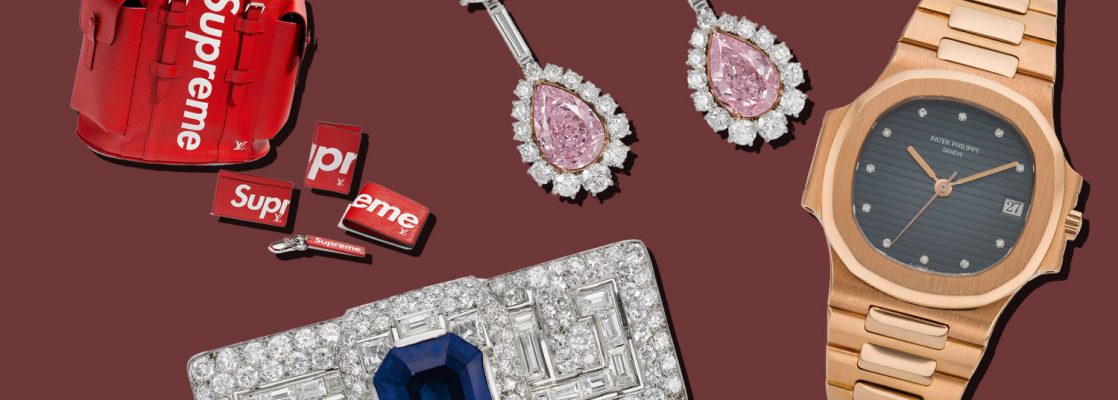
In the vast and diverse world of consumer goods, the classification of items as either ‘necessities’ or ‘luxuries’ is a topic of ongoing debate. One such item that straddles this line is clothing. Is clothing a luxury good? The answer is not as straightforward as it may seem. This article will delve into the complexities of this question, exploring the factors that determine whether clothing falls into the category of luxury goods.
The first layer of understanding comes from the basic definition of a luxury good. Economically speaking, a luxury good is one for which demand increases more than proportionally as income rises. In simpler terms, as people become wealthier, they spend a larger percentage of their income on these goods. By this definition, some clothing can indeed be considered a luxury good.
However, this is where the nuances begin to emerge. Clothing, in its most basic form, is a necessity. It provides protection from the elements, offers a sense of privacy, and serves as a means of self-expression. From this perspective, clothing is not a luxury but a fundamental need.
The distinction between necessity and luxury in clothing becomes clearer when we consider factors such as brand, quality, design, and price. A basic t-shirt from a discount store serves the same fundamental purpose as a designer one, but the latter is often perceived as a luxury due to its brand reputation, superior quality, unique design, and higher price.
The concept of ‘fast fashion’ further complicates this discussion. Fast fashion refers to inexpensive clothing produced rapidly by mass-market retailers in response to the latest trends. While these items are affordable and accessible, their low-cost production often results in poor quality and a shorter lifespan. This raises the question: Is it more luxurious to buy cheaper clothing more frequently, or to invest in high-quality pieces that will last longer?
The role of societal and cultural influences cannot be overlooked in this debate. In some societies, wearing high-end designer clothing is a status symbol, making such items a luxury. In contrast, other cultures may place more value on handmade, traditional clothing, which can also be considered a luxury due to the time, skill, and craftsmanship involved in their creation.
In conclusion, whether clothing is considered a luxury good depends on various factors, including economic definitions, individual perceptions, societal influences, and the specific characteristics of the clothing item itself. It’s a multifaceted issue that goes beyond the simple dichotomy of ‘necessity vs. luxury.’ As consumers, understanding these complexities can help us make more informed decisions about our clothing purchases, balancing our needs, desires, and resources in a way that aligns with our personal values and lifestyle.

